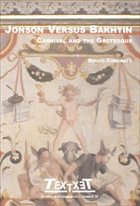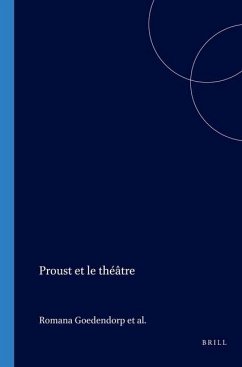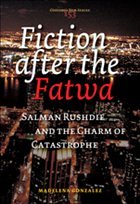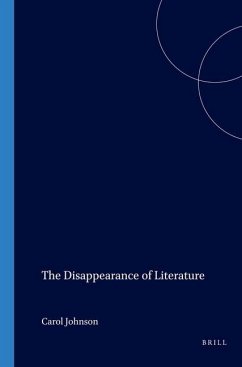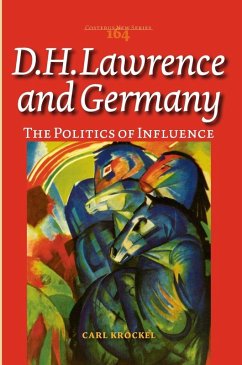
Myth, Telos, Identity
The Tragic Schema in Greek and Shakespearean Drama
Versandkostenfrei!
Versandfertig in über 4 Wochen
59,99 €
inkl. MwSt.

PAYBACK Punkte
30 °P sammeln!
Iván Nyusztay's Myth, Telos, Identity: The Tragic Schema in Greek and Shakespearean Drama for the first time presents a systematic comparison of Greek and Shakespearean tragedy. By thematizing the common modes of the tragic, it measures their structural regularities against corresponding philosophical and ethical reflections. The comparative theory of tragedy evolves through a constant debate with the traditional views of Aristotle, Hegel, Schelling, Paul Ricoeur, and others. An architectonic survey of plays leads to a generic distinction between pure tragedy and melodrama, and proposes a pos...
Iván Nyusztay's Myth, Telos, Identity: The Tragic Schema in Greek and Shakespearean Drama for the first time presents a systematic comparison of Greek and Shakespearean tragedy. By thematizing the common modes of the tragic, it measures their structural regularities against corresponding philosophical and ethical reflections. The comparative theory of tragedy evolves through a constant debate with the traditional views of Aristotle, Hegel, Schelling, Paul Ricoeur, and others. An architectonic survey of plays leads to a generic distinction between pure tragedy and melodrama, and proposes a possible description of Christian tragedy. This generic differentiation is considered by means of a teleological approach to tragedy as well as from a formal perspective. The criticism of traditional notions of character stresses the relevance of dividedness and internal collision - tragic phenomena which are explored as necessary stages of self in the constitution and formation of tragic or internal alterity. This form of alterity is underpinned by a discussion of action theory and speech act theory. This book will be of interest for readers of Greek and Shakespearean drama, as well as for students of comparative literature and genre theory, classicists and philosophers, and for everyone interested in the relation between literature and philosophy.




